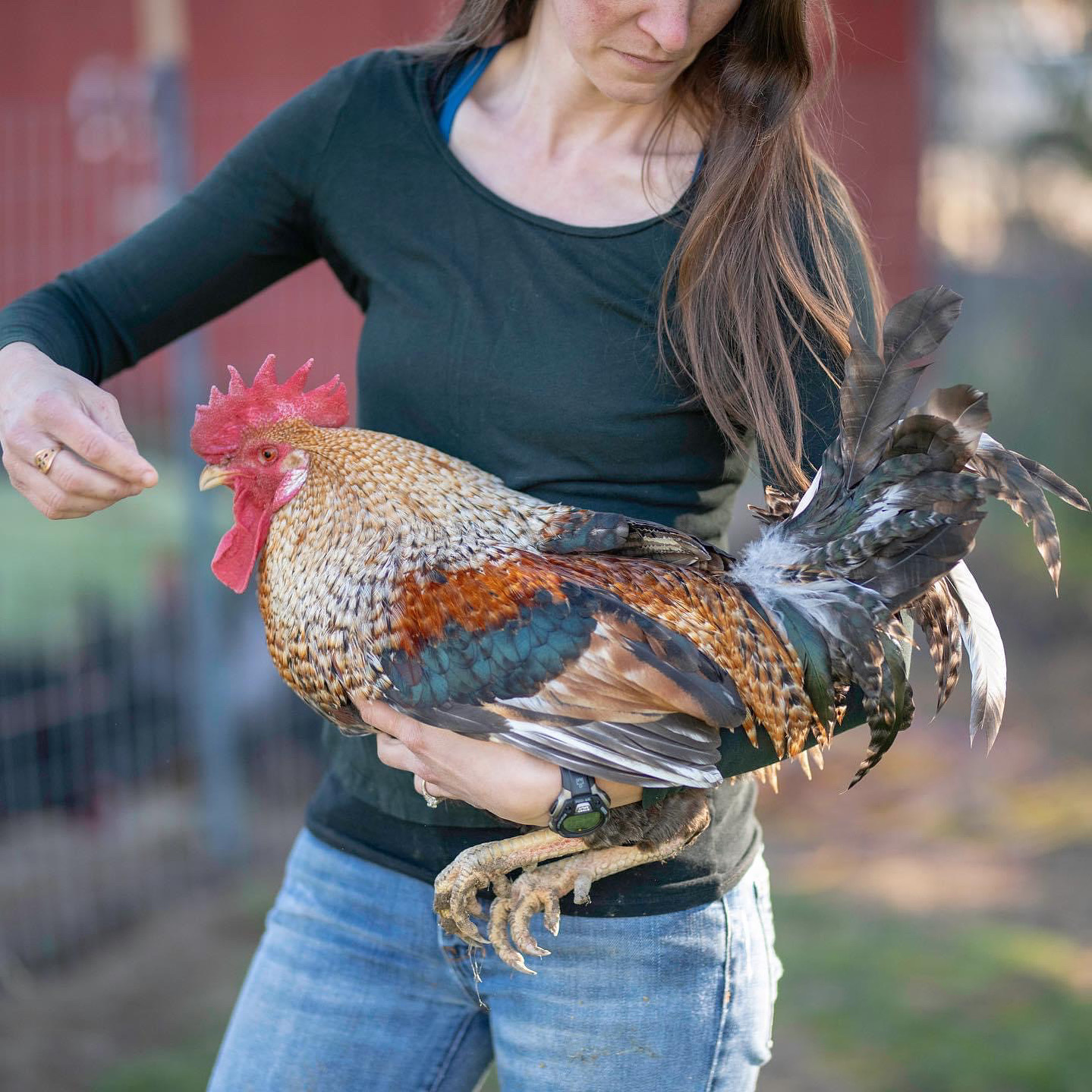Summer is a time when chickens can enjoy the outdoors, bask in the sun, and forage for bugs and fresh greens. However, warmer temperatures also create favorable conditions for various pests, including mites. These tiny parasites can wreak havoc on your flock, causing discomfort, health issues, and decreased productivity. It is essential for poultry keepers to be proactive in controlling mites during the summer months to ensure the well-being and vitality of their feathered friends.
- Prevent Health Issues
Mites are not just an annoyance; they can pose serious health risks to chickens. They feed on the blood of the birds, causing irritation, itching, and feather loss. This can lead to stress, decreased egg production, anemia, and weakened immune systems. Furthermore, mite infestations create an environment conducive to the spread of diseases, as the parasites can serve as vectors for various pathogens. By controlling mites in your chicken coop during the summer months, you reduce the risk of health issues and maintain the overall vitality of your flock.
- Promote Comfort and Well-being
Chickens rely on their feathers to regulate body temperature and protect their skin. Mite infestations can compromise the integrity of their plumage, resulting in discomfort and stress. During the summer, when temperatures rise, chickens need their feathers to help them stay cool and prevent overheating. Mites not only disrupt the insulation properties of feathers but also cause itching and irritation, leading to a decreased ability to regulate body temperature effectively. By keeping mites under control, you ensure your chickens’ comfort and promote their overall well-being during the hot summer months.
- Preserve Egg Production
For many poultry keepers, maintaining consistent egg production is a top priority. Mite infestations can have a detrimental impact on egg-laying hens. The stress caused by the constant itching and blood loss from mite feeding can disrupt their reproductive cycles, leading to decreased egg production or even complete cessation. Additionally, mites can contaminate eggs, rendering them unmarketable or unsafe for consumption. By implementing effective mite control measures during the summer, you help safeguard the productivity of your flock and ensure a steady supply of fresh, healthy eggs.
- Prevent Infestation Spreading
Mite populations can multiply rapidly, and an unchecked infestation can quickly spread from one bird to the entire flock. During the summer, chickens may have more contact with each other, especially when they gather in shaded areas or seek relief from the heat. This increased proximity creates a higher risk of mite transmission. By actively controlling mites in your chicken coop, you prevent the infestation from spreading and minimize the impact on the entire flock. Early intervention is key to avoiding a larger-scale infestation that can be challenging and time-consuming to eradicate.
- Maintain a Clean and Hygienic Environment
Controlling mites in chicken coops goes hand in hand with maintaining a clean and hygienic environment. Mites thrive in dark, damp areas and can hide in crevices, cracks, and bedding material. Regular cleaning, including removing and replacing bedding, disinfecting surfaces, and inspecting nesting boxes, can help prevent mites from establishing a foothold in your coop. By implementing good husbandry practices and focusing on mite control, you create a healthier living space for your chickens and reduce the risk of other pests and diseases.
As the temperatures rise, mite populations can flourish in chicken coops, posing significant risks to your flock’s health and productivity. Proactively controlling mites during the summer months is crucial to prevent health issues, promote comfort, preserve egg production, and maintain a clean environment. Implementing effective mite










